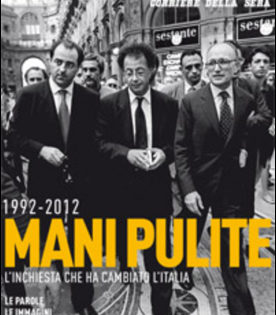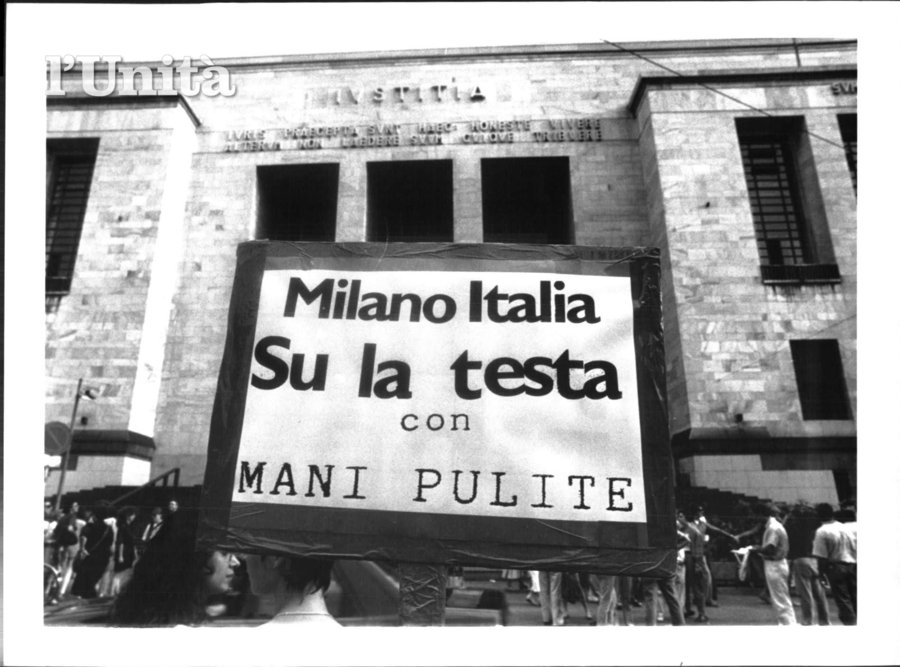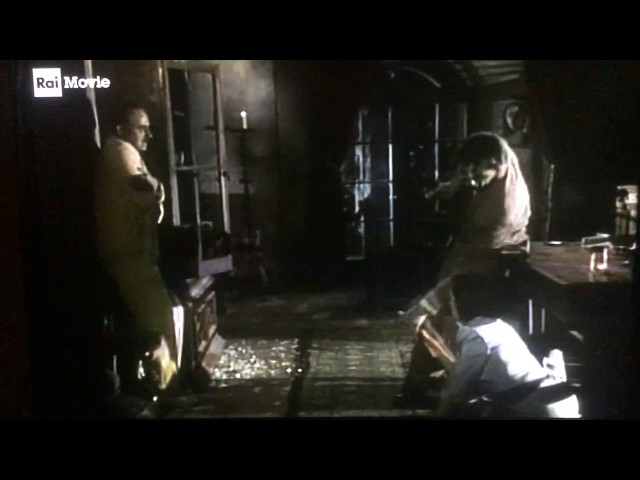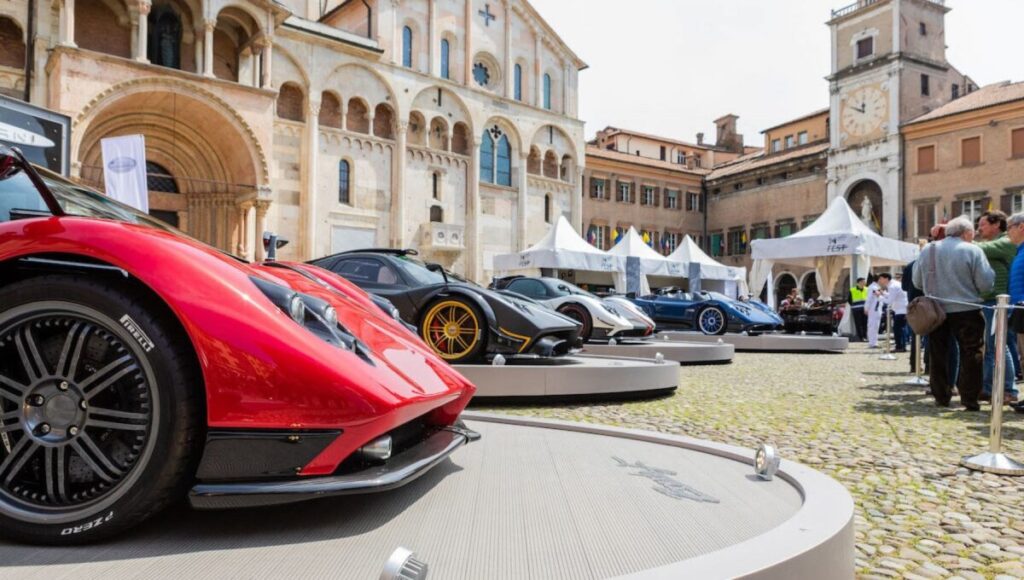
1992 is modern Italy’s D-year. It is the time of the death of the decadent First Republic and the birth of the more degenerate Second one, which is probably about to end these days. It is the year of Mani Pulite (Clean Hands, or Tangentopoli), an investigation that revealed the corruption of politics and business at top level and cancelled a whole ruling political class. 1992 is also the year of the mafia war on the State, of the murders of the Palermo Anti-mafia Pool leaders Giovanni Falcone and Paolo Borsellino, of the beginning of the alleged mafia-State ignominious negotiation (trattativa Stato – mafia), of Berlusconi’s plan to enter politics, of his assumed deal with the mafia to win the election and bring corruption and criminality to the highest levels of power for a new ventennio. Twenty-five years later the Tangentopoli corruptive system is still running on high. The recent Mose scandal in Venice, the Expo scandal in Milan and the discovery of Mafia Capitale in Rome are the tips of an iceberg of a nation of unpunished corrupt businessmen and politicians and of happy tax evaders. Simply, the public opinion’s indifference of today and politics’ unwillingness to change the system let this phenomenon run smoothly under the ground and under everybody’s nose.
Clean Hands was an outstanding homage to democracy made by righteous daring magistrates, but involuntarily it also had a paradoxical effect. The investigation erased the corrupt political ruling parties, especially the centrist Democrazia Cristiana which had guaranteed decades of pax mafiosa, a real deal with organized crime to live and let live. In the same period the Palermo Pool of magistrates was fighting the mafia in an unprecedented way and had forced the mafiosi to wage a real war against the State with the aim to find a new deal, a new compromise, a new balance. Clean Hands created such a political vacuum that, after a while, Don Vito Ciancimino, mayor of Palermo and the mafiosi’s negotiator, could not find State representatives to negotiate with anymore. So Berlusconi, greedy for power and in trouble with his financial empire and most of all with the law, seized the day: his mafia liaison Dell’Utri shaped the party Forza Italia, he made a alleged deal with the corleonese boss Provenzano to sell out blood- thirsty Riina, his fellow boss who had ordered the conflict against the State, in order to stop it and he helped Berlusconi win the elections in 1994, getting the Cavaliere’s promise to put forth Cosa Nostra’s requests once in office. With his media empire already in full swing, Berlusconi supported Clean Hands in an attempt to present himself as a new political leader to be trusted, the most corrupt businessman in the country showing his virgin clean-cut kid face, one of the many paradoxes of the age that many blind Italians could not see. So Clean Hands, in a way, helped Berlusconi’s rise to power: the mafia-linked crooked DC party, which had been ruling Italy since the end of WWII, was replaced by il Cavaliere’s dirty hands over the nation: the Second Republic was born, sprung from a mafia boss and a gangster’s alleged agreement, whose heritage is a series of laws to let the criminals roam freely in the Italian social wasteland .
To celebrate the 25th anniversary of this moral revolution, I present here an extract from my book which sums up what Clean Hands was all about and the context in which it developed, in order not to forget one of the highest moments of our torn democracy. In the passage there is also a part about the Italians’ negative character and attitude as far as civic awareness is concerned. Magistrates Antonio Di Pietro, Gerardo D’Ambrosio, Francesco Saverio Borrelli, Ilda Boccassini, Gherardo Colombo, Piercamillo Davigo e Armando Spataro are no lesser heroes than iconic anti-mafia martyrs Falcone and Borsellino, tough enough to resist the pressure of the powerful elite they were unmasking.



